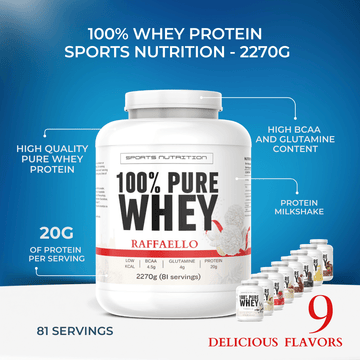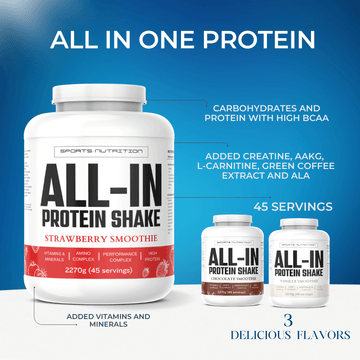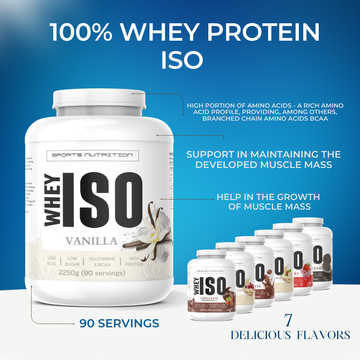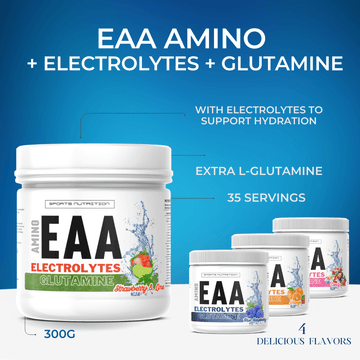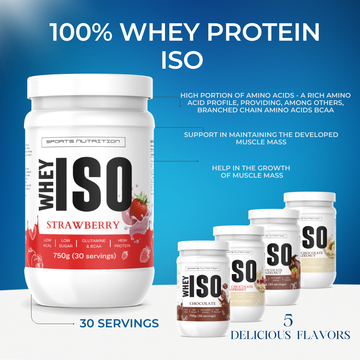Are EAA Better Than BCAA?
Are EAAs Better Than BCAAs?
In the world of sports supplementation, a common question arises: should you choose BCAA or EAA? Both have their benefits, but understanding the differences helps in selecting the right product for your training and health goals.
What Are BCAAs and EAAs?
- BCAA (Branched Chain Amino Acids) – leucine, isoleucine, and valine. These play a key role in muscle growth and protection, with leucine being particularly important for stimulating muscle protein synthesis.
- EAA (Essential Amino Acids) – a complete set of essential amino acids that the body cannot produce on its own. Besides the three BCAAs, EAA also include lysine, threonine, methionine, histidine, phenylalanine, and tryptophan.
In short, EAA provide a broader spectrum, including BCAA.
Why Are EAA Becoming More Popular?
Research and practical use suggest that:
- a full amino acid profile (EAA) supports recovery and protein synthesis more effectively than BCAA alone,
- EAA help maintain a positive nitrogen balance, beneficial for muscle preservation,
- during calorie restriction, EAA may better protect muscles from breakdown,
- BCAA act faster as "fuel" during training, but without the other essential amino acids, their effect on long-term recovery is limited.
Common Myths and Mistakes
- “BCAA can fully replace protein or EAA” – myth. They support recovery but do not provide everything muscles need for repair.
- “EAA are only for bodybuilders” – false. They are equally valuable for runners, endurance athletes, or recreational trainees, especially when dietary protein intake is insufficient.
- “More is always better” – excessive supplementation doesn't bring extra benefits. Consistency and dietary context matter most.
Which Should You Choose – EAA or BCAA?
If your diet already provides enough complete protein and you mainly need fast intra-workout support – BCAA can be sufficient.

If you want full recovery support and muscle protection with lower protein intake or very intense training – EAA are the better choice.

Conclusion
There is no one-size-fits-all answer. It depends on your diet, training, and goals. However, EAA offer broader benefits compared to BCAA, which explains why more athletes are turning to them.
